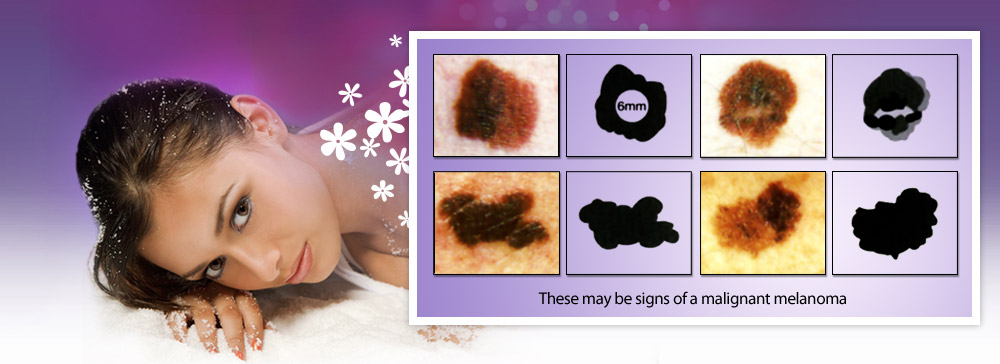
General Dermatology / Eczema
What Is Eczema?
Eczema is a group of conditions that causes skin to become red, irritated, itchy, and sometimes develop small, fluid-filled bumps that become moist and ooze. There are many forms of eczema, but atopic eczema is one of the most common.
Doctors don't know exactly what causes atopic eczema, also called atopic dermatitis (pronounced: der-muh-tie-tis), but they think it could be a difference in the way a person's immune system reacts to things. Skin allergies may be involved in some forms of eczema.
Eczema isn't contagious and most people with eczema have family members with the condition. Researchers think it's inherited or passed through the genes. Eczema is fairly common - approximately 1 in 10 people in the world will be affected by it at some point in their lives.
Doctors don't know exactly what causes atopic eczema, also called atopic dermatitis (pronounced: der-muh-tie-tis), but they think it could be a difference in the way a person's immune system reacts to things. Skin allergies may be involved in some forms of eczema.
Eczema isn't contagious and most people with eczema have family members with the condition. Researchers think it's inherited or passed through the genes. Eczema is fairly common - approximately 1 in 10 people in the world will be affected by it at some point in their lives.
Signs and Symptoms
In many people, the itchy patches of eczema usually appear where the elbow bends; on the backs of the knees, ankles, and wrists; and on the face, neck, and upper chest - although any part of the body can be affected. In an eczema flare-up, skin may feel hot and itchy at first. Then, if the person scratches, the skin may become red, inflamed, or blistered. Some people who have eczema scratch their skin so much it becomes almost leathery in texture. Others find that their skin becomes extremely dry and scaly. Even though many people have eczema, the symptoms can vary quite a bit from person to person.
What Do Doctors Do to treat Eczema?
If you think you have eczema, see your dermatologist for evaluation.
If you're diagnosed with eczema, your doctor might:
For some people with severe eczema, ultraviolet light therapy can help clear up the condition.
If eczema doesn't respond to normal treatment, your doctor may recommend allergy testing to see if something else is triggering the condition, especially if you have asthma or seasonal allergies.
If you're diagnosed with eczema, your doctor might:
- prescribe medications to soothe the redness and irritation, such as creams or ointments that contain corticosteroids, or antihistamine pills
- recommend other medications to take internally if the eczema is secure or you get it often
For some people with severe eczema, ultraviolet light therapy can help clear up the condition.
If eczema doesn't respond to normal treatment, your doctor may recommend allergy testing to see if something else is triggering the condition, especially if you have asthma or seasonal allergies.
Can I Prevent Eczema?
Eczema can't be cured, but there are plenty of things you can do to prevent a flare-up. For facial eczema, wash gently with a nondrying facial cleanser or soap substitute, use a facial moisturizer that is noncomedogenic/oil-free, and apply only hypoallergenic makeup and sunscreens.
In addition, these tips may help
- Avoid substances that stress your skin. Besides your known triggers, some things you may want to avoid include household cleaners, drying soaps, detergents, and fragranced lotions.
- H2O is a no-no. Too much exposure to water can dry out your skin, so take short warm - not hot - showers and baths and wear gloves if your hands will be in water for long periods of time. Be sure to gently and thoroughly pat your skin dry, as rubbing with a coarse towel will irritate the eczema. Also, it isn't the water that causes your skin to react; it's the water evaporating if not dried soon enough.
- Say yes to cotton. Clothes made of scratchy fabric like wool can irritate your skin. Cotton clothes are a better bet.
- Moisturize! A fragrance-free moisturizer such as petroleum jelly will prevent your skin from becoming irritated and cracked.
- Don't scratch that itch. Even though it's difficult to resist, scratching your itch can worsen eczema and make it more difficult for the skin to heal because you can break the skin and bacteria can get in, causing an infection.
- Keep your cool. Sudden changes in temperature, sweating, and becoming overheated may cause your eczema to kick in.
- Take your meds. Follow your doctor's or dermatologist's directions and take your medication as directed.
- Unwind. Stress can aggravate eczema, so try to relax.




